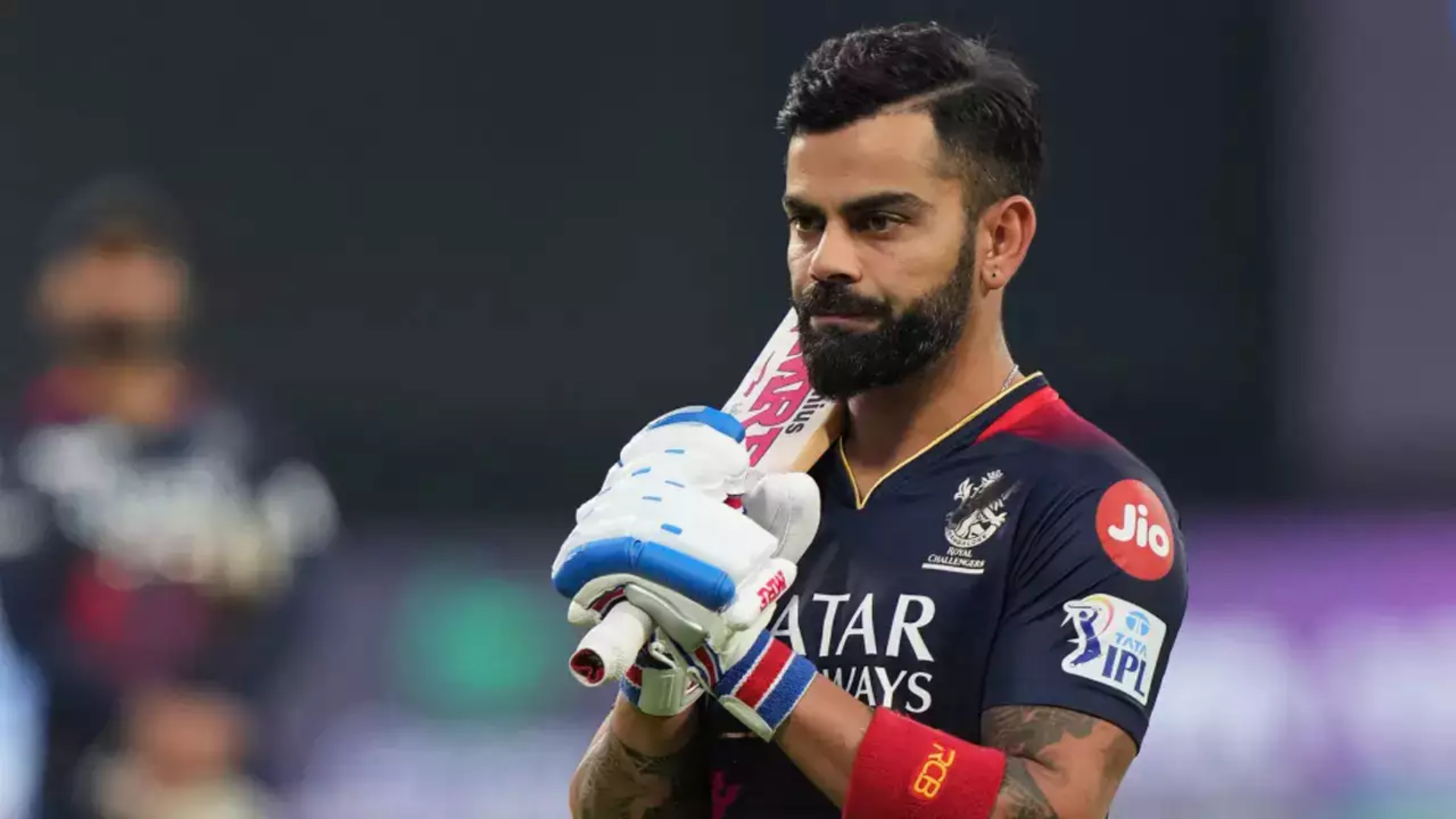RCB’s batting stalwart, Virat Kohli, faced consequences for his display of frustration towards the on-field umpires during their match against KKR at Eden Gardens in Kolkata on Sunday. Kohli is fined 50% of his match fee for expressing dissent over an umpire’s decision, particularly contesting a call that resulted in his dismissal during RCB’s unsuccessful chase.
According to an IPL statement, Kohli was found in breach of a Level 1 offense under Article 2.8 of the IPL’s Code of Conduct. He acknowledged the offense and accepted the sanctions imposed by the Match Referee, whose decision is final and binding for Level 1 breaches.
This penalty for Virat Kohli followed closely after RCB captain Faf du Plessis was fined Rs 12 lakh for an over-rate violation during the same match in Kolkata on Sunday.
Read More: NewsX A-List: Manoj Bajpayee Unveils the Intriguing World of Silence 2 and the Art of Sequel Success
Both Kohli and du Plessis expressed displeasure when Kohli was given out in the 3rd over of RCB’s chase against KKR. The contentious issue arose from Harshit Rana’s delivery, which seemed to be above waist height. Despite Kohli’s surprise at the on-field umpires not calling it a no-ball and the subsequent referral to the third umpire, the decision to dismiss him stood.
Frustrated by what he perceived as an unjust call, Kohli confronted the umpires before heading back to the dressing room. His dismissal came after a promising start, including hitting Mitchell Starc for a six and a boundary in the 2nd over.
The controversy surrounding Kohli’s dismissal sparked debate, with some arguing that the delivery should indeed have been called a no-ball. Despite Kohli’s position outside the crease, the trajectory of the ball and its impact above his waist were contested points, with the third umpire’s decision ultimately prevailing under ICC rules.











